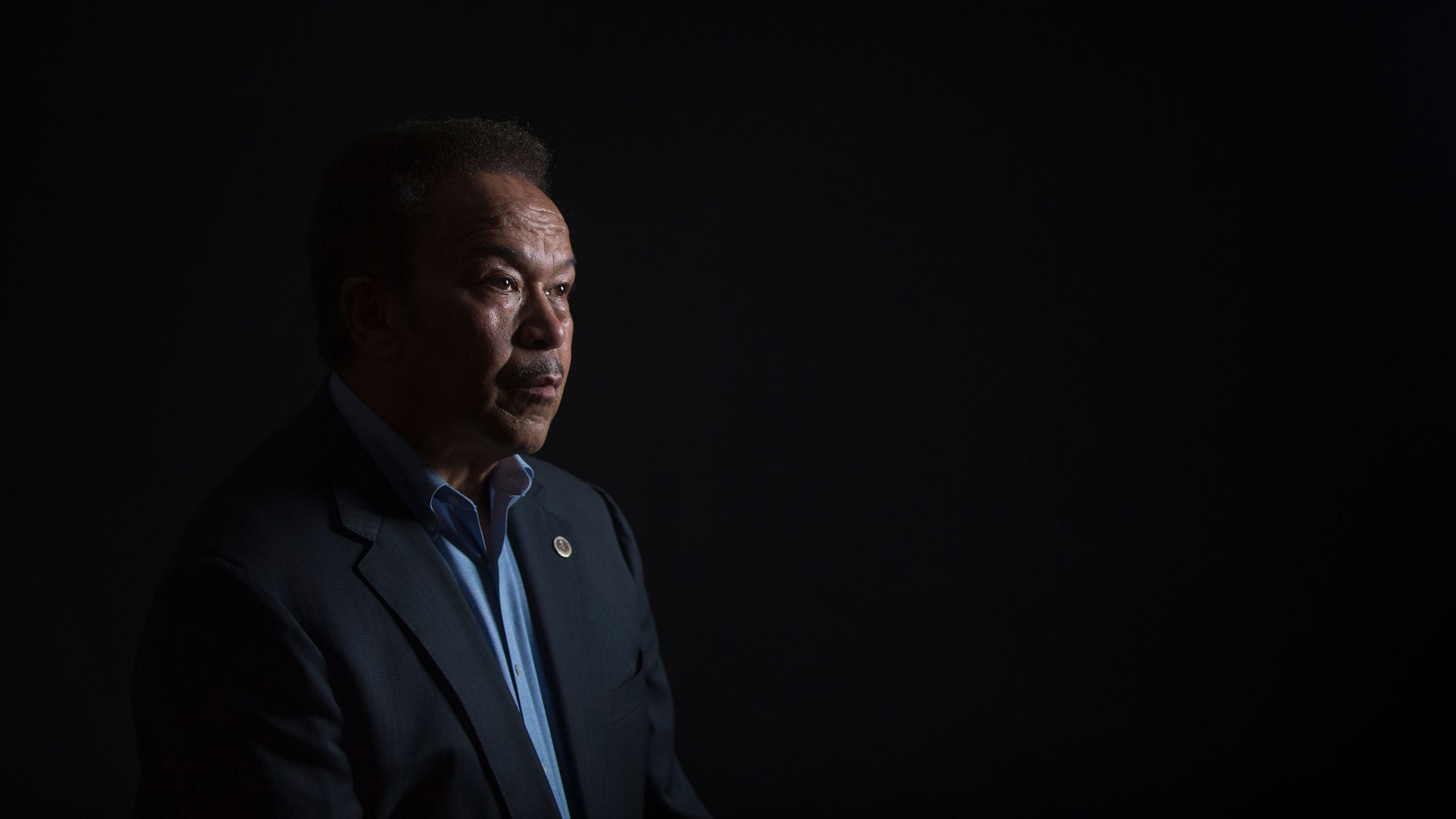ROBERT MICHAEL FRANKLIN JR.
A New Call for Moral Leadership

I REMEMBER 1968. The year that felt like a turning point for America. Our politics were polarized, and masses of people, especially students, marched in the streets demanding a more just society. We appear to be there again. Paraphrasing Mark Twain, history does not repeat itself—but it seems to rhyme.
In addition to the turbulent politics of that time, there were moral leaders who fought for civil rights like Rosa Parks, Ella Baker, Dolores Huerta, John Lewis, and Robert Kennedy. These were women and men of integrity, courage, empathy, imagination, and wisdom who were advocates for racial equity, social justice, and the common good.
I maintain that throughout history when human communities have faced seemingly insurmountable challenges, moral leaders like these have emerged to guide us toward better outcomes. Leadership matters. Leaders mobilize people and resources to achieve goals.
Moral leadership matters even more. The “moral” in moral leadership is audacious and aspirational. It points beyond our interests to an imagined and possible future. The moral dimension assumes that humans are wired to respond positively to the presence of the right, the good, the true, and the beautiful. Consequently, moral leaders elevate us by expanding our capacities for empathy, interdependence, and solidarity with others. Moral leaders invite us to become better, grander versions of ourselves.
In my new book, Moral Leadership: Integrity, Courage, Imagination, I suggest that institutions, not just individuals, can and should provide moral leadership even in the worst of times. Institutions like Emory can set a tone in society, provide examples of a better future, and can challenge other institutions to repudiate unjust practices and aspire to embrace best practices. By virtue of their commitment to teaching and forming critical minds, creating new knowledge, and celebrating the best in humanity, universities and colleges have a special obligation to provide moral leadership in democratic societies.
At a time of racial reckoning, truth telling, critically examining institutional pasts, and promoting a sustainable future, we need more of such leadership, and we need it now.
Moral leadership is the highest calling available to human beings. Although we feel barely capable of it, the fact is that individuals and institutions can mobilize integrity, courage, and imagination to serve the common good.
If our current challenges seem insurmountable, we only need to look to the 1960s—back to the future—to find moral visionaries who loved this nation enough to invest their best, and sacrifice their all to create a more perfect union for “we the people.”
ROBERT MICHAEL FRANKLIN JR.
James T. and Berta R. Laney Professor in Moral Leadership, Candler School of Theology
An ordained minister, Franklin is a national advocate for moral leadership, building upon his long career as a theologian and higher education administrator, including a term as the president of Morehouse College.

WANT TO KNOW MORE?
Please visit Emory Magazine, Emory University and Emory News Center.

